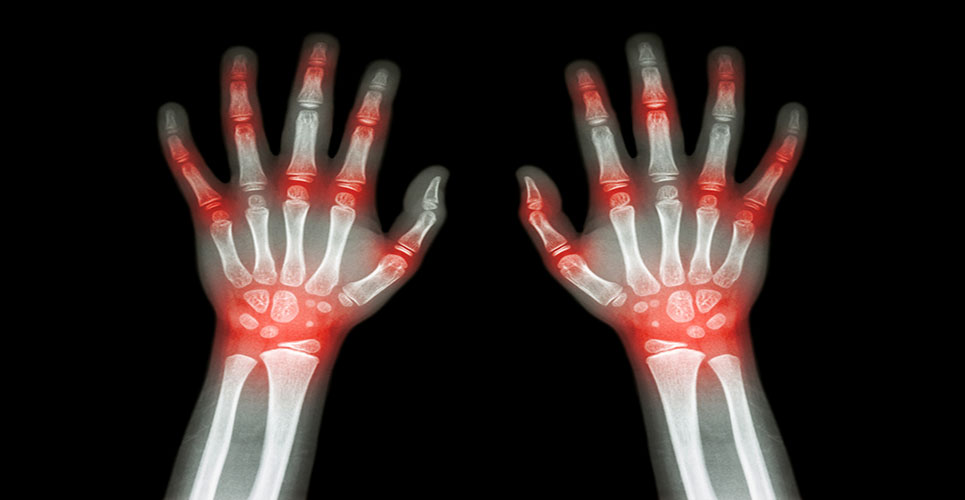teaser
UCB and Immunomedics Inc announced new lupus drug candidate, epratuzumab, provided a significant reduction in disease activity in patients with moderate to severe active systemic lupus erythematosus (SLE).
Data presented at the European League Against Rheumatism (EULAR) meeting in Rome from the phase IIb study, EMBLEM, showed the clinical efficacy of epratuzumab in patients with SLE.
“We are very encouraged by the findings of this new study which demonstrate that in a patient population with predominantly severe disease activity, epratuzumab is improving patients’ health as quickly as week 12, with the emergence of improvements as early as week 8,” commented lead study investigator Daniel J Wallace, Clinical Professor of Medicine, David Geffen School of Medicine, UCLA. He added, “In a short study, such as this one, seeing this level of patient improvement so rapidly is a hopeful sign of the drug’s potential to become an effective new treatment option.”
EMBLEM was a 12-week, multicenter, phase IIb, randomised, double-blind, placebo-controlled study to assess the efficacy and safety of epratuzumab, and to define a dose and regimen in patients with moderate to severe SLE. The primary efficacy measure in EMBLEM was a combined response index endpoint including several indices of SLE disease activity, primarily emphasising BILAG.
In the EMBLEM study, combined responder index rates were numerically superior in all epratuzumab groups than in the placebo group, reaching statistical significance in the epratuzumab 600 mg weekly group (P=0.0265) and the combined group of all 74 patients who received a cumulative dose of 2,400 mg (P=0.0239) during the 12-week treatment cycle. In both these groups, responder rates were twice those of placebo.
Based on analysis of improvement in BILAG 2004 by body system in EMBLEM, most patients had symptom reduction or absence of active disease within specific body systems after treatment with epratuzumab. Efficacy was particularly prominent in cardiorespiratory and neuropsychiatric systems in which symptom improvements are often difficult to achieve. This BILAG analysis reported the results for the BILAG improvement component of the combined response index in body systems for which a sufficient number of patients per treatment group had baseline disease activity that allowed an assessment of response. These systems were: musculoskeletal, mucocutaneous, cardiorespiratory, neuropsychiatric, constitutional and renal.
“Achieving a BILAG improvement without worsening, especially at an early timepoint such as week 12, is encouraging, as the BILAG 2004 evaluates nine different organ systems affected by SLE, including constitutional, mucocutaneous, neuro-psychiatric, musculoskeletal, cardiorespiratory, gastrointestinal, ophthalmic, renal and haematological. In lupus, a disease that has not seen a new drug approved in over fifty years, epratuzumab shows encouraging signs of being able to improve patient lives in this devastating and life altering disease.” said Kenneth Kalunian, Associate Director of the Center for Innovative Therapy, Professor in the Division of Rheumatology, Allergy and Immunology in the School of Medicine at UCSD.
Epratuzumab was associated with a similar incidence of serious adverse events (including infections) and infusion reactions compared to placebo.
Epratuzumab is a humanised monoclonal antibody targeting CD22 and modulating B-cell activity. Although the exact role of CD22 is not fully understood, it is considered to be a regulator of B cell function. B-cells are known to contribute to SLE by producing antibodies against the body’s own cells and tissues, causing the immune system to turn on itself, resulting in inflammation and tissue damage. Epratuzumab is an anti-B-cell therapeutic, because of its ability to modulate B cell function without depleting a large portion of these lymphocytes.
For more information, please click the link below:
UCB

